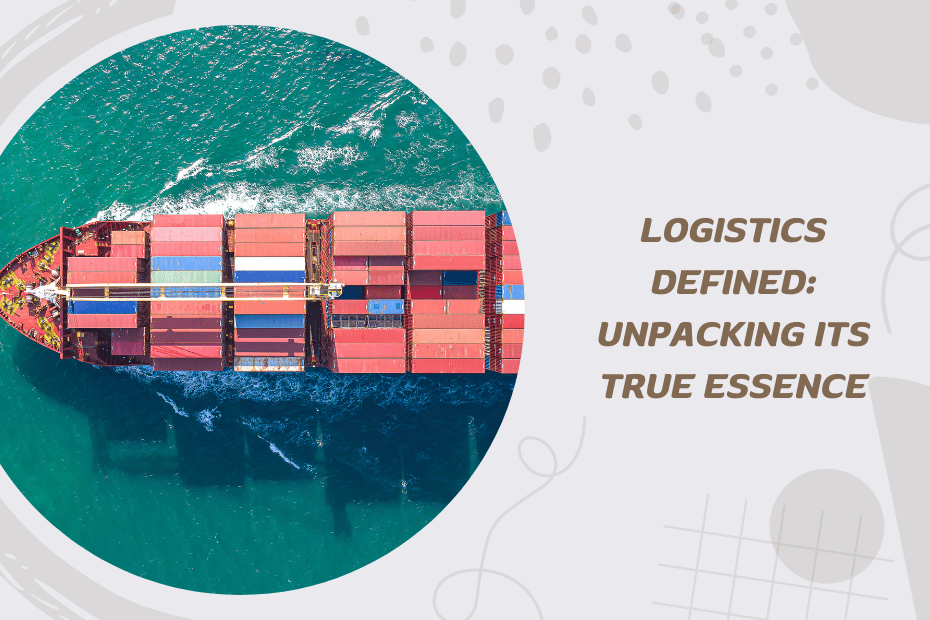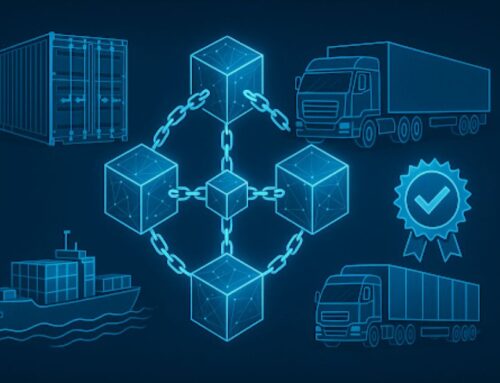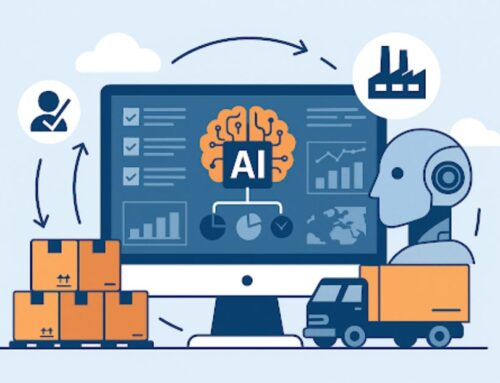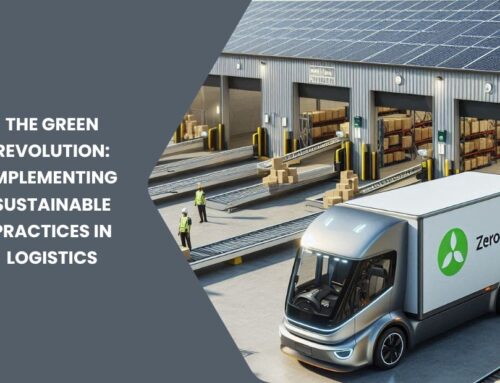Logistics is a term often heard in the context of business operations, supply chains, and even military strategy. It plays a pivotal role in ensuring the efficient movement and storage of goods, services, and information from point of origin to point of consumption. This article aims to unpack the true essence of logistics by exploring its various facets, the importance of logistics in business, and the innovations shaping its future. By understanding logistics in-depth, businesses and individuals can appreciate its critical role and leverage it for improved efficiency and competitiveness.
The Basics of Logistics
At its core, logistics involves the planning, implementation, and control of the flow and storage of goods and services. This includes transportation, warehousing, inventory management, and order fulfillment. The primary goal of logistics is to ensure that products are delivered to the right place, at the right time, and in the right condition. This requires meticulous planning and coordination among various stakeholders, including suppliers, manufacturers, and distribution centers. By managing these elements effectively, logistics professionals help businesses maintain operational continuity and meet customer expectations, which are increasingly demanding in today’s fast-paced market environment. A seamless logistics operation not only enhances customer satisfaction but also significantly impacts a company’s bottom line by reducing costs and improving efficiency.
The Importance of Logistics in Business
Logistics is crucial for business success as it directly impacts cost management, customer satisfaction, and overall operational efficiency. Effective logistics can lead to significant cost savings by optimizing transportation routes, reducing inventory holding costs, and minimizing delays. For instance, companies like Amazon and Walmart have leveraged advanced logistics systems to enhance their supply chain efficiency, resulting in faster delivery times and lower costs. Moreover, logistics plays a vital role in customer satisfaction. Timely and accurate deliveries are essential for maintaining customer trust and loyalty. Businesses that excel in logistics can provide better service, which translates to repeat business and a stronger market position. Additionally, efficient logistics operations can help companies respond more quickly to market changes, giving them a competitive edge.
Components of Logistics
The logistics process is composed of several key components, each critical to the overall operation. Transportation involves moving goods from one location to another using various modes such as road, rail, air, and sea. Effective transportation management ensures timely deliveries and cost efficiency. Warehousing involves storing goods until they are needed, with proper warehouse management ensuring that storage space is used efficiently and that inventory levels are maintained to meet demand without overstocking. Inventory management entails tracking inventory levels, orders, sales, and deliveries, helping businesses avoid stockouts and reduce excess inventory. Order fulfillment encompasses receiving, processing, and delivering customer orders, with speed and accuracy in order fulfillment being crucial for maintaining customer satisfaction. Each of these components must work seamlessly together to create a cohesive logistics operation that supports business goals and enhances customer experiences.
Innovations in Logistics

“Key innovations in logistics, including AI, IoT, blockchain, autonomous vehicles, and robotics, enhance efficiency, transparency, and responsiveness across the supply chain.”
The logistics industry is continuously evolving, driven by technological advancements that enhance efficiency and transparency. Key innovations include artificial intelligence (AI), which is used for demand forecasting, route optimization, and automating various logistics processes. AI-powered systems can analyze vast amounts of data to make real-time decisions, improving overall efficiency. The Internet of Things (IoT) provides real-time monitoring of goods, tracking their location and condition throughout the supply chain, enhancing visibility and allowing for proactive management of potential issues. Blockchain technology offers a secure and transparent method for tracking goods, ensuring the authenticity and traceability of products and facilitating efficient data sharing among stakeholders. Autonomous vehicles and drones are revolutionizing transportation and delivery by reducing reliance on human labor and improving speed and efficiency. Robotics and automation are used in warehouses for tasks such as picking, packing, and sorting, increasing speed and accuracy while reducing labor costs. These innovations are transforming logistics, making operations more efficient, transparent, and responsive.
Challenges in Logistics
Despite these advancements, the logistics industry faces several challenges. Rising transportation costs, driven by fluctuating fuel prices and increased regulatory requirements, are a significant concern. Managing these costs requires optimizing transportation routes and negotiating better rates with carriers. Regulatory compliance is another challenge, with logistics professionals needing to stay informed about local, national, and international regulations to avoid fines and operational disruptions. Labor shortages, particularly in roles such as truck drivers and warehouse workers, are also a significant issue. Addressing this challenge involves investing in recruitment and training programs and leveraging automation to reduce reliance on human labor. Additionally, logistics professionals must continuously upgrade their technological capabilities to keep pace with the latest innovations and maintain operational efficiency. By addressing these challenges proactively, logistics companies can enhance their resilience and maintain high standards of service delivery.
The Role of Technology in Overcoming Logistics Challenges
Technology plays a crucial role in overcoming many of the challenges faced by the logistics industry. Advanced analytics and AI can help optimize routes, predict demand fluctuations, and automate routine tasks, reducing operational costs and improving efficiency. IoT devices provide real-time tracking and monitoring of goods, enhancing visibility and allowing for proactive management of potential issues. Blockchain technology ensures the security and transparency of transactions, reducing the risk of fraud and improving collaboration among stakeholders. Autonomous vehicles and drones offer innovative solutions for transportation and delivery, reducing reliance on human labor and increasing speed and efficiency. Robotics and automation improve warehouse operations, increasing speed and accuracy while reducing labor costs. By leveraging these technologies, logistics companies can address challenges more effectively and maintain high standards of service delivery.
Future Trends in Logistics
Looking ahead, several trends are likely to shape the future of logistics. Sustainability will become increasingly important, with logistics companies adopting eco-friendly practices to reduce their environmental impact. This includes using electric vehicles, optimizing delivery routes to reduce fuel consumption, and adopting green packaging solutions. The use of advanced technologies such as AI, IoT, and blockchain will continue to grow, enhancing efficiency and transparency across the supply chain. E-commerce growth will drive demand for faster and more reliable delivery services, with logistics companies needing to adapt their operations to meet these demands. Additionally, the rise of omnichannel retailing, where customers can shop seamlessly across multiple channels, will require logistics companies to develop more flexible and responsive supply chain solutions. By staying abreast of these trends and leveraging the latest technologies, logistics companies can remain competitive and meet the evolving needs of their customers.
In Conclusion
Logistics is a critical function that underpins the success of businesses by ensuring the efficient flow and storage of goods. Understanding its various components and the innovations driving its evolution can help businesses optimize their operations and remain competitive. As logistics continues to evolve, staying informed about the latest trends and technologies will be essential for businesses to navigate the complexities of modern supply chains and meet customer expectations effectively. By embracing these innovations and addressing the inherent challenges, businesses can enhance their logistics capabilities and achieve greater operational excellence. In a world where efficiency and customer satisfaction are paramount, the role of logistics cannot be overstated. It is the backbone that supports the smooth operation of supply chains, driving business success and economic growth.









